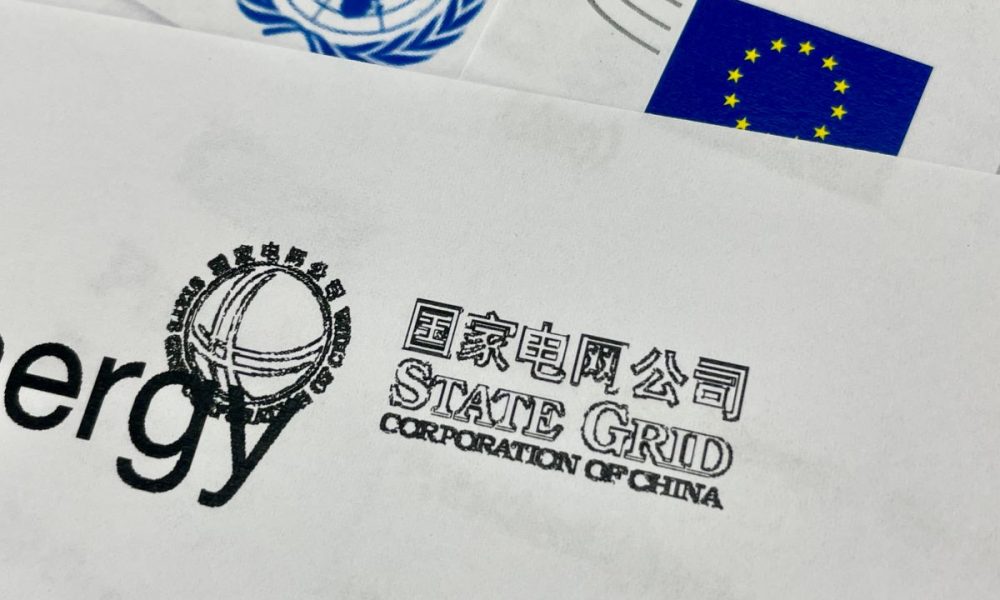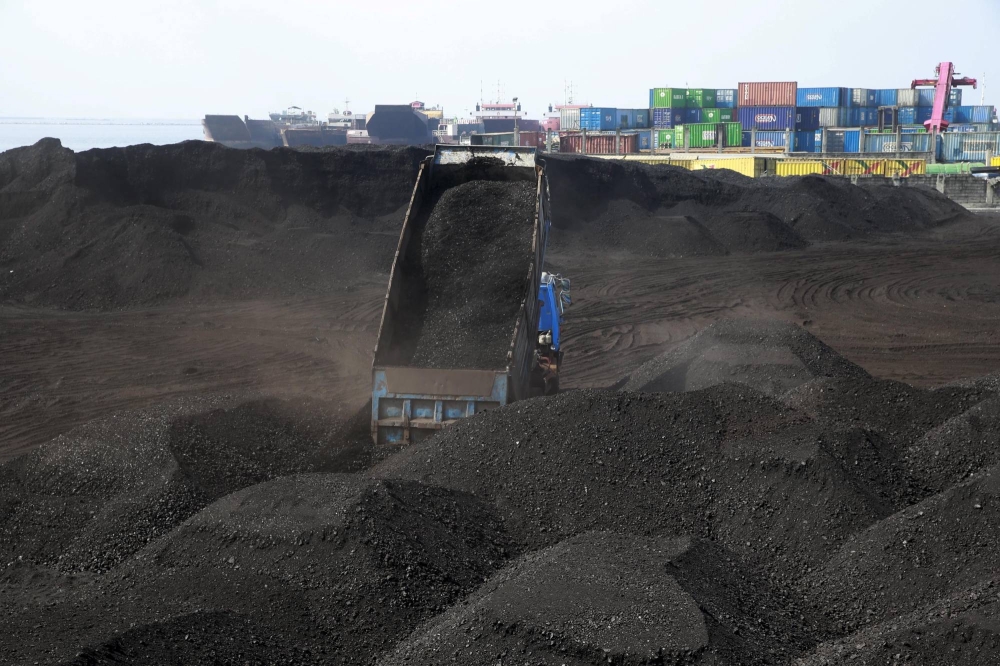




Sarawak, a state in Malaysia, is making significant strides in renewable energy production. It has signed an agreement with Singapore to supply 1,000 megawatts (MW) of power, primarily sourced from hydro dams [8af5add3]. Sarawak's commitment to renewable energy has prompted peninsula Malaysia to consider constructing its own undersea cables across the South China Sea [8af5add3]. Meanwhile, Indonesia has unveiled Southeast Asia's largest floating solar power plant in West Java. The 192 MWp plant is part of Indonesia's efforts to transition to renewable energy and reach net-zero emissions by 2060 [a3f9cbdf]. These developments highlight the region's focus on harnessing renewable energy sources and reducing carbon emissions. By leveraging its abundant hydro and solar resources, Southeast Asia aims to contribute to a greener and more sustainable energy sector [8af5add3] [a3f9cbdf].
Japan's influence on the energy transition in Southeast Asia is being impacted by its focus on untested technologies and underestimation of renewable resources [9b25e6c7]. The Japanese government claims that the region lacks adequate solar and wind energy resources compared to Europe or North America and is instead pushing alternative technologies like carbon capture and storage (CCS), biomass, ammonia co-firing, and hydrogen. However, independent analyses show that there is ample potential for renewables in Japan and Southeast Asia, with untapped geothermal possibilities and room for distributed solar to grow [9b25e6c7].
Japan's choices in energy infrastructure spending have a significant influence on Southeast Asia markets. Lobbying by the heavy industry sector and business interests has contributed to Japan's lack of ambition in renewable energy. The estimates put out by the Japanese government are disputed by reports that show Japan could achieve a high share of clean electricity from solar, wind, and battery storage alone. Similarly, Southeast Asia has more than enough renewable energy potential to power the entire region. Challenges include building adequate energy storage, managing intermittency, and investing in grid infrastructure. The upcoming energy transition summit in Tokyo is expected to focus on co-firing, CCS, hydrogen, and natural gas, ignoring the growing evidence of renewables as a solution for decarbonization. Japan's role is crucial in deciding the energy choices of countries in Southeast Asia, as it is the largest investor in the region. Independent analyses highlight that renewables provide the most benefit for a just energy transition in Japan and throughout Asia [9b25e6c7].
Nuclear power is also a topic of discussion in the context of mitigating climate change. The 2011 Fukushima disaster serves as a reminder of the potential dangers of nuclear power. However, Aileen Mioko Smith, an environmental campaigner with Green Action Japan, emphasizes that nuclear power can be a low-carbon source of electricity, aligning with the global goal of achieving carbon neutrality by 2050. She highlights the need for the Japanese government to consider the high earthquake frequency in Japan and implement stringent safety measures to address the risks [49e0a8c3].
The Renewable Energy Institute in Japan, led by Mika Ohbayashi, has been found to have submitted documents with the logo of the State Grid Corporation of China (SGCC), a Chinese state-owned company, to various organizations. Ohbayashi claims that the logo was left on the materials by mistake and that there is no connection between the institute and SGCC. However, concerns have been raised about Chinese influence on Japanese government policy, and a full investigation is needed to ensure that foreign influence operations have not impacted policy formulation. The issue has raised questions about the trustworthiness of the renewable energy task force and whether its previous proposals should be shelved. The Kishida administration is urged to investigate all government ministries and agencies to check for foreign influence. Taro Kono, the former Cabinet minister responsible for the task force, has pledged to strengthen countermeasures to prevent similar incidents in the future. Critics argue that the focus on the logo is too narrow and that the main concern should be whether the task force was targeted by a Chinese influence operation. The Renewable Energy Institute is also known for advocating the Asia Super Grid (ASG) initiative, which aims to connect the power grids of Japan, China, Russia, India, Thailand, and other nations in the region. Critics argue that this initiative could leave Japan's electricity supply vulnerable to control by autocratic countries like China and Russia. Some argue that security clearances should be required for individuals serving on government advisory groups to prevent individuals with conflicting interests from accessing confidential materials related to national security. [a73b6593]